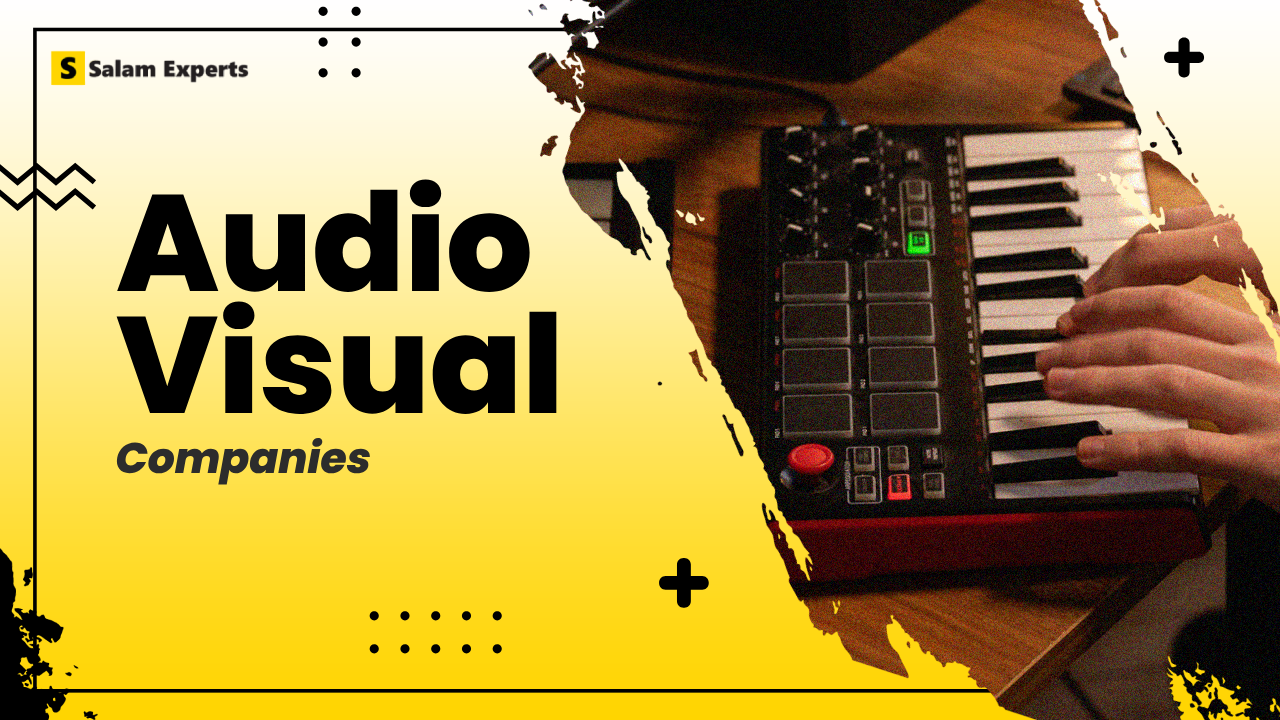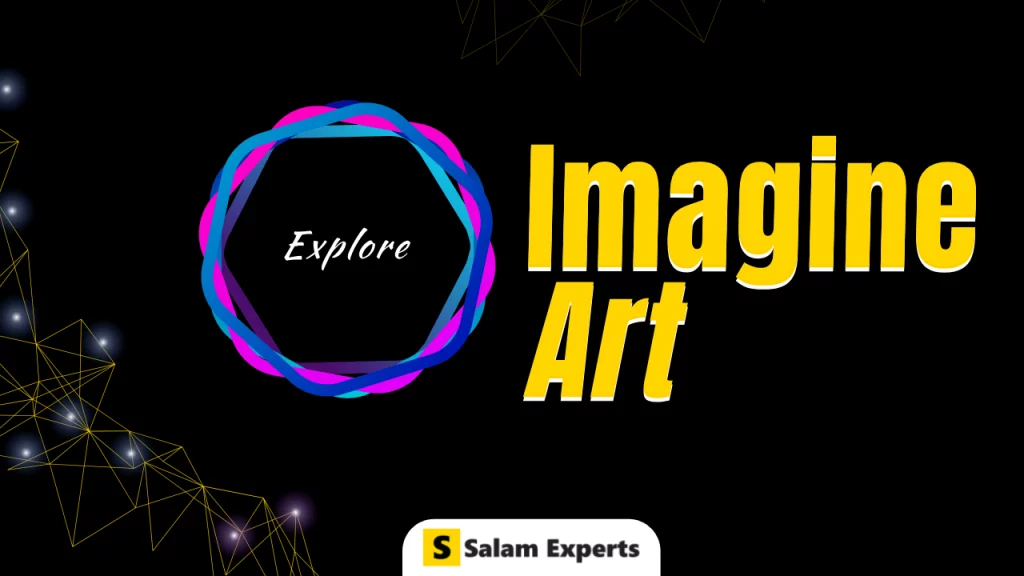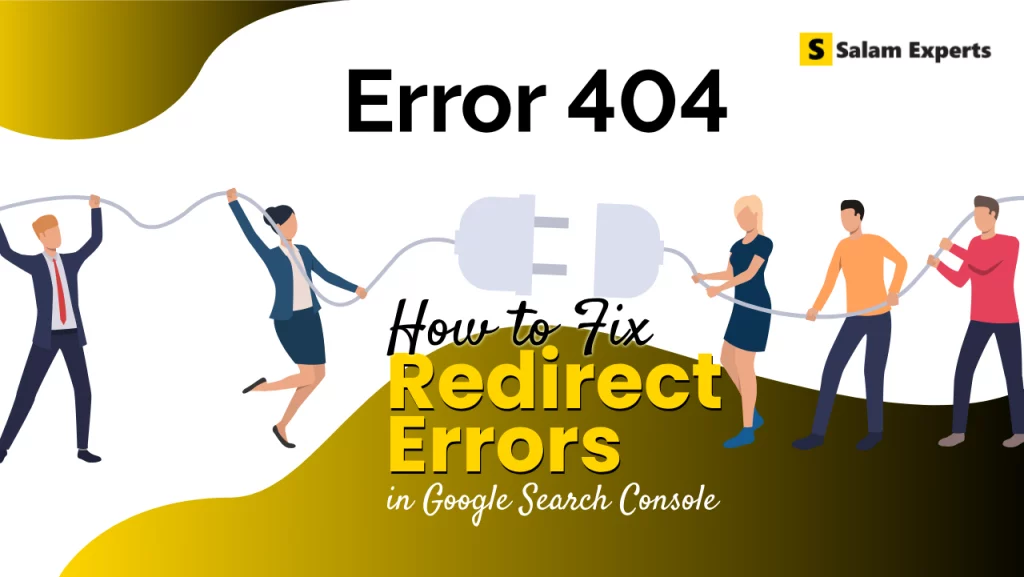Audio Visual Companies: What They Offer, How to Work with Them, and Essential Tips

Audio visual (AV) companies are pivotal in creating dynamic and engaging environments for events, conferences, businesses, and educational institutions. They specialize in integrating audio and visual technology to enhance communication, entertainment, and presentation experiences. This article delves into what AV companies offer, how to collaborate with them, the typical process involved, and essential tips for a successful partnership.
What Do Audio Visual Companies Offer?
Equipment Rental and Sales:
- Audio Equipment: Microphones, speakers, amplifiers, and audio mixers.
- Visual Equipment: Projectors, screens, LED walls, televisions, and monitors.
- Lighting: Stage lighting, LED lighting, and ambient lighting setups.
- Accessories: Cables, stands, mounts, and adapters.
Installation and Integration:
- System Design: Custom solutions tailored to the client’s space and needs.
- InstallLive Streamingation: Professional setup of all equipment, ensuring optimal performance.
- Integration: Seamlessly integrating AV systems with existing infrastructure.
Event Production:
- Live Event Support: On-site technical support for conferences, concerts, and corporate events.
- Content Creation: Designing and producing multimedia content, including videos, animations, and presentations.
- Live Streaming: Solutions for broadcasting events live to online audiences.
Maintenance and Support:
- Regular Maintenance: Routine checks and servicing of AV equipment.
- Technical Support: Troubleshooting and resolving technical issues.
- Training: Providing training sessions for staff on how to use AV systems effectively.
SEO for Audio Visual Companies?
What is Audio Visual Rental?
Audio visual (AV) rental involves the temporary provision of AV equipment for events, meetings, conferences, and various other occasions. This service is particularly beneficial for organizations and individuals who require high-quality AV setups without the long-term commitment or cost of purchasing the equipment.
Range of Equipment
AV rental companies offer a wide selection of equipment to suit different event needs. Here are some of the key AV components available for rent:
- Audio Equipment: Includes microphones (wired, wireless, and lapel), speakers, amplifiers, mixers, and PA systems to ensure clear sound projection.
- Visual Equipment: Features projectors, projection screens, LED walls, televisions, monitors, and video cameras for impactful presentations and displays.
- Lighting Solutions: Offers stage lighting, spotlights, LED lights, and ambient lighting to set the mood and enhance visibility.
- Supporting Accessories: Consists of stands, mounts, cables, adapters, remote controls, and other essential AV tools to ensure smooth operation.
Digital Marketing Solutions for AV Equipment Rental Companies?
Types of AV Rentals for Different Events
Selecting the right AV equipment is crucial for creating a seamless and engaging experience at any event. Each event type has unique AV requirements, and understanding these needs ensures that you make the right rental choices. Below is a detailed breakdown of AV rentals for different types of events:
1. Corporate Events and Conferences
Corporate events, seminars, and business conferences require a professional AV setup to facilitate effective communication and presentations. Some essential AV rentals for these events include:
- Wireless Microphones & PA Systems: Ensure that keynote speakers, panel discussions, and audience interactions are heard clearly.
- Projectors & LED Screens: Display presentations, charts, and brand messages effectively.
- Video Conferencing Equipment: Enables seamless hybrid meetings and remote participation.
- Live Streaming & Recording Equipment: Expands the event’s reach by broadcasting it online and creating content for future use.
For businesses hosting conferences or corporate gatherings in Canada, audio visual rentals Toronto provides tailored AV solutions, ensuring a smooth and professional event experience.
2. Concerts and Live Performances
Music concerts, theater performances, and live shows require high-quality sound and visual enhancements to create an immersive audience experience. AV rental options for such events include:
- Professional PA Systems & Amplifiers: Deliver crystal-clear sound to large audiences.
- Stage Lighting & Special Effects – Includes spotlights, laser lighting, and LED lighting to enhance performances.
- LED Video Walls & Projection Screens: Provide large-scale visuals that are visible from a distance.
- Microphones & In-Ear Monitors: Allow performers to hear themselves and interact with the audience effectively.
3. Weddings and Private Events
AV equipment plays a key role in making weddings, birthdays, and other private celebrations more memorable. Key AV rentals for such events include:
- Ambient & Decorative Lighting: Creates a beautiful atmosphere with soft, warm lighting.
- Wireless Speakers & Sound Systems: Ensure high-quality music and clear announcements.
- Live Streaming & Recording Equipment: Captures special moments and allows remote participation.
- Projection Screens & LED Displays: Showcase slideshows, videos, and live footage of the event.
For couples and event planners looking to create a flawless wedding experience, audio visual rentals Toronto offers customizable lighting, sound, and display solutions to match the theme and venue perfectly.
4. Trade Shows and Exhibitions
Exhibitors and brands use AV technology to attract attention and engage visitors at trade shows. Recommended AV rentals for trade shows include:
- Interactive Touchscreens & Digital Kiosks: Provide engaging product demonstrations.
- LED Video Walls & Display Screens: Showcase promotional content and brand visuals.
- High-Quality Sound Systems: Ensure clear messaging across a noisy exhibition hall.
- Virtual Reality (VR) & Augmented Reality (AR) Setups: Create immersive brand experiences.
Whether you need a small display setup or a full-scale booth installation, audio visual rentals Toronto provides businesses with cutting-edge AV solutions to maximize brand exposure at trade shows.
5. Educational Events and Training Sessions
Workshops, training sessions, and educational seminars require AV setups that facilitate learning and engagement. Essential AV rentals include:
- Wireless Microphones & PA Systems: Ensure instructors and trainers can communicate effectively.
- Projectors & Screens: Display educational materials clearly.
- Interactive Whiteboards & Smart Boards: Enhance interactive learning experiences.
- Live Streaming Equipment: Allows remote participation for virtual students.
Educational institutions and training centers can benefit from audio visual rentals Toronto, which provides state-of-the-art teaching aids to enhance knowledge-sharing and audience engagement.
6. Product Launches and Marketing Events
A well-planned AV setup can make a product launch or brand marketing event stand out. Key AV rentals for these events include:
- Stage Lighting & Spotlights: Highlight the product and create a dramatic effect.
- LED Video Walls & Projection Mapping: Showcase brand visuals in a stunning way.
- Surround Sound Systems: Provide an immersive auditory experience.
- Live Streaming & Social Media Integration: Engage a wider audience in real time.
For brands aiming to create a high-impact product launch, audio visual rentals Toronto ensures that the AV setup aligns perfectly with the brand’s vision, delivering a seamless and memorable event experience.
How to Work with an AV Company
- Define Your Needs:
- Clearly outline the objectives of your project or event.
- Determine the scope and scale of the AV requirements.
- Research and Select a Provider:
- Look for reputable AV companies with experience in your industry.
- Read reviews, check portfolios, and ask for references.
- Initial Consultation:
- Schedule a meeting to discuss your vision and requirements.
- Be open about your budget and any specific constraints.
- Proposal and Quote:
- The AV company will provide a detailed proposal outlining their plan and a quote.
- Review the proposal carefully and ensure it aligns with your expectations.
- Contract and Agreement:
- Once satisfied with the proposal, finalize the contract.
- Ensure all terms, conditions, and deliverables are clearly stated.
- Planning and Preparation:
- Work closely with the AV team during the planning phase.
- Share all relevant information, including event schedules, venue layouts, and technical specifications.
- Execution:
- During the event or project execution, maintain open communication with the AV team.
- Be prepared to make real-time decisions and adjustments if necessary.
- Post-Event Review:
- Conduct a post-event review to assess the performance and gather feedback.
- Discuss any areas for improvement for future collaborations.
Digital Marketing for Audio Visual Companies?
Tips for a Successful Partnership
- Start Early: Engage an AV company early in the planning process to ensure availability and adequate preparation time.
- Be Clear and Detailed: Provide comprehensive details about your needs and expectations. The more information you provide, the better the AV company can tailor their services.
- Understand the Technology: Have a basic understanding of the AV technology being used. This helps in making informed decisions and communicating effectively with the AV team.
- Budget Wisely: Allocate a realistic budget for AV services. Consider both equipment costs and professional service fees.
- Plan for Contingencies: Have a backup plan for potential technical issues. Ensure the AV company has contingency plans in place.
- Leverage Their Expertise: Trust the expertise of the AV professionals. Allow them to make recommendations and suggest improvements.
- Regular Communication: Maintain consistent communication throughout the project. Address any concerns or changes promptly.
- Evaluate Performance: After the event, review what worked well and what didn’t. Use this evaluation to improve future events and collaborations.
What is the Meaning of AV Facility?
An AV facility refers to a dedicated space or a set of services equipped with advanced audio visual technology designed to support a wide range of activities, such as meetings, conferences, presentations, and events. These facilities can be found in various settings, including corporate offices, hotels, convention centers, educational institutions, and specialized event venues.
- Advanced AV Equipment: High-quality projectors, screens, LED displays, and sound systems integrated into the facility. State-of-the-art lighting and control systems to create an immersive environment.
- Integrated Technology: Seamless integration of AV systems with other technologies, such as video conferencing tools, network infrastructure, and control panels.
- Professional Support: On-site AV technicians and support staff to manage the equipment and provide technical assistance.
- Customizable Setups: Flexible configurations to accommodate different types of events and activities. Modular design to adjust the layout and equipment based on specific needs.
- Enhanced User Experience: Features such as wireless connectivity, remote control options, and user-friendly interfaces for easy operation. High-definition displays and superior sound quality to enhance the overall experience.
Examples of AV Facilities:
- Conference Rooms: Equipped with projectors, screens, video conferencing systems, and sound equipment for meetings and presentations.
- Auditoriums: Large spaces with advanced lighting, sound systems, and projection capabilities for lectures, performances, and large gatherings.
- Training Rooms: Spaces designed for educational sessions with interactive displays, sound systems, and recording equipment.
- Event Venues: Dedicated areas with comprehensive AV setups to support various types of events, from corporate functions to social gatherings.
Conclusion
Working with an audio visual company can significantly enhance the quality and impact of your events and projects. By understanding their offerings, engaging them early, and maintaining clear communication, you can ensure a seamless and successful partnership. Keep these tips in mind to make the most out of your collaboration with AV professionals, and elevate your audience’s experience to new heights.





